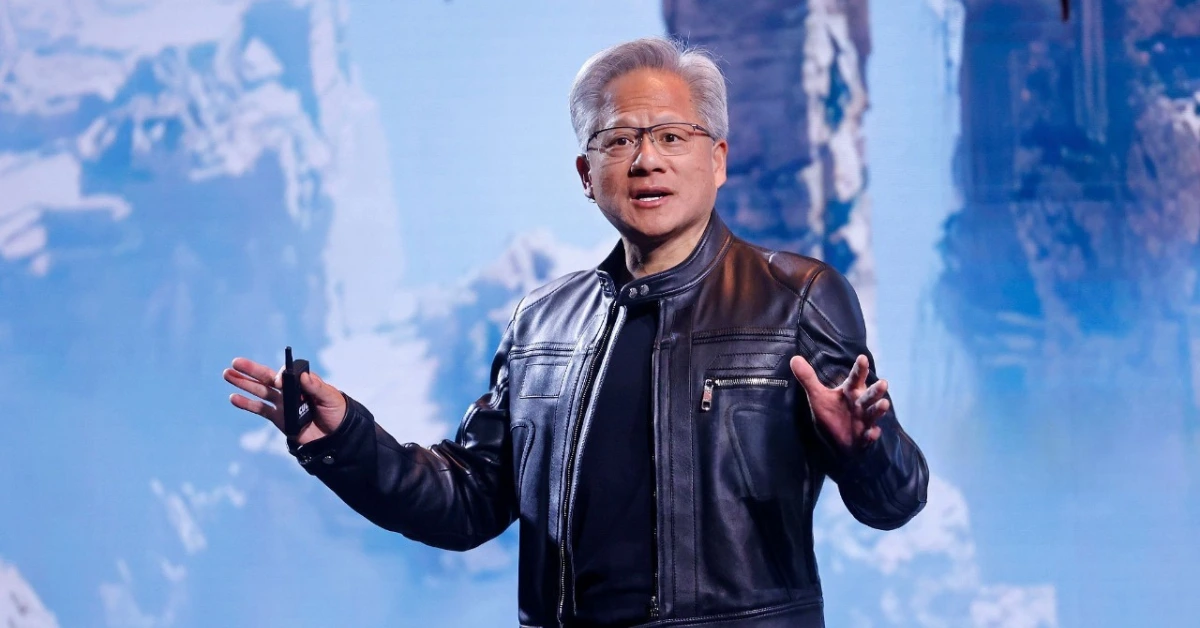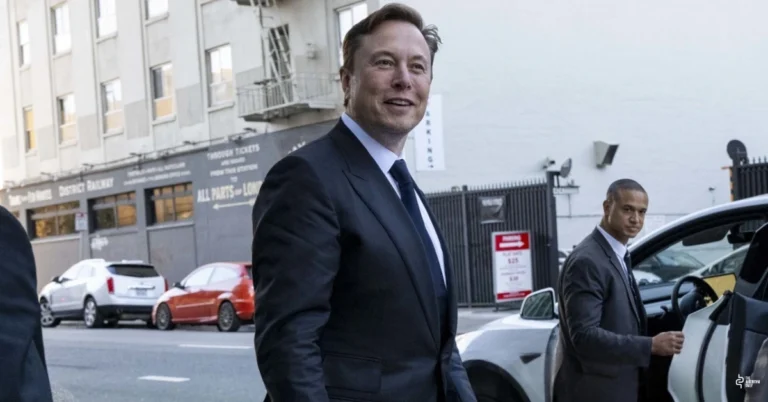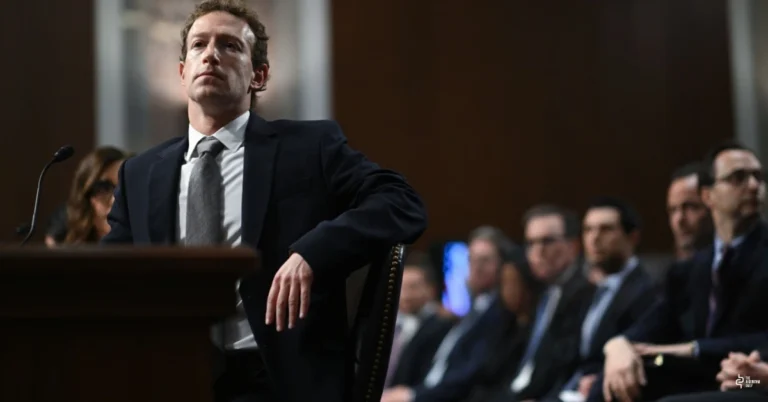Nvidia has announced plans to restart the sale of its H20 artificial intelligence chips to China, after a period of uncertainty caused by shifting U.S. export restrictions. The company expects to receive U.S. government licenses soon and begin deliveries shortly after. Nvidia has also introduced a new chip called the “RTX Pro,” which it claims is fully compliant with regulations and tailored for digital manufacturing applications like smart factories and logistics.
The H20 chip has become central to the ongoing U.S.-China tech standoff. Although it is not Nvidia’s most advanced AI processor, it is the most powerful chip the company can legally sell to China under current export controls. The chip is designed for inference tasks, such as running AI models for everyday applications, rather than creating new AI systems from scratch. Chinese tech giants like ByteDance, Alibaba, and Tencent have been stockpiling these chips in anticipation of further restrictions, due to their superior memory bandwidth and Nvidia’s widely used software ecosystem.
In April, the Trump administration imposed restrictions on the sale of H20 chips, potentially costing Nvidia billions in revenue. The restrictions targeted chips with high performance thresholds, such as memory bandwidth above 1,400 gigabytes per second. However, after Nvidia CEO Jensen Huang met with former President Trump at a high-profile dinner at Mar-a-Lago, the administration reversed the ban. Nvidia promised to invest in U.S. data centres, which led to a pause on the restrictions. In response, Nvidia announced plans to build AI servers worth up to $500 billion in the U.S. over the next four years.
The flip-flopping of U.S. policy has sparked criticism from lawmakers, who argue that it undermines efforts to limit China’s AI capabilities. Despite the reversal, the situation highlights the complex balancing act U.S. policymakers face between national security concerns and powerful commercial interests. Nvidia’s H800 chips, which are slightly more powerful than the H20, have become key to Chinese companies like DeepSeek, which used them to build impressive AI models despite U.S. restrictions.The uncertainty around Nvidia’s sales to China is likely to continue, with more policy reversals expected in the future. As U.S. officials weigh the security risks against the commercial opportunities of the booming AI sector, the tech industry is caught in the crossfire of an ongoing geopolitical struggle.
📲 Get the latest Tech & Startup News on our WhatsApp Channel
👉 Join Now



